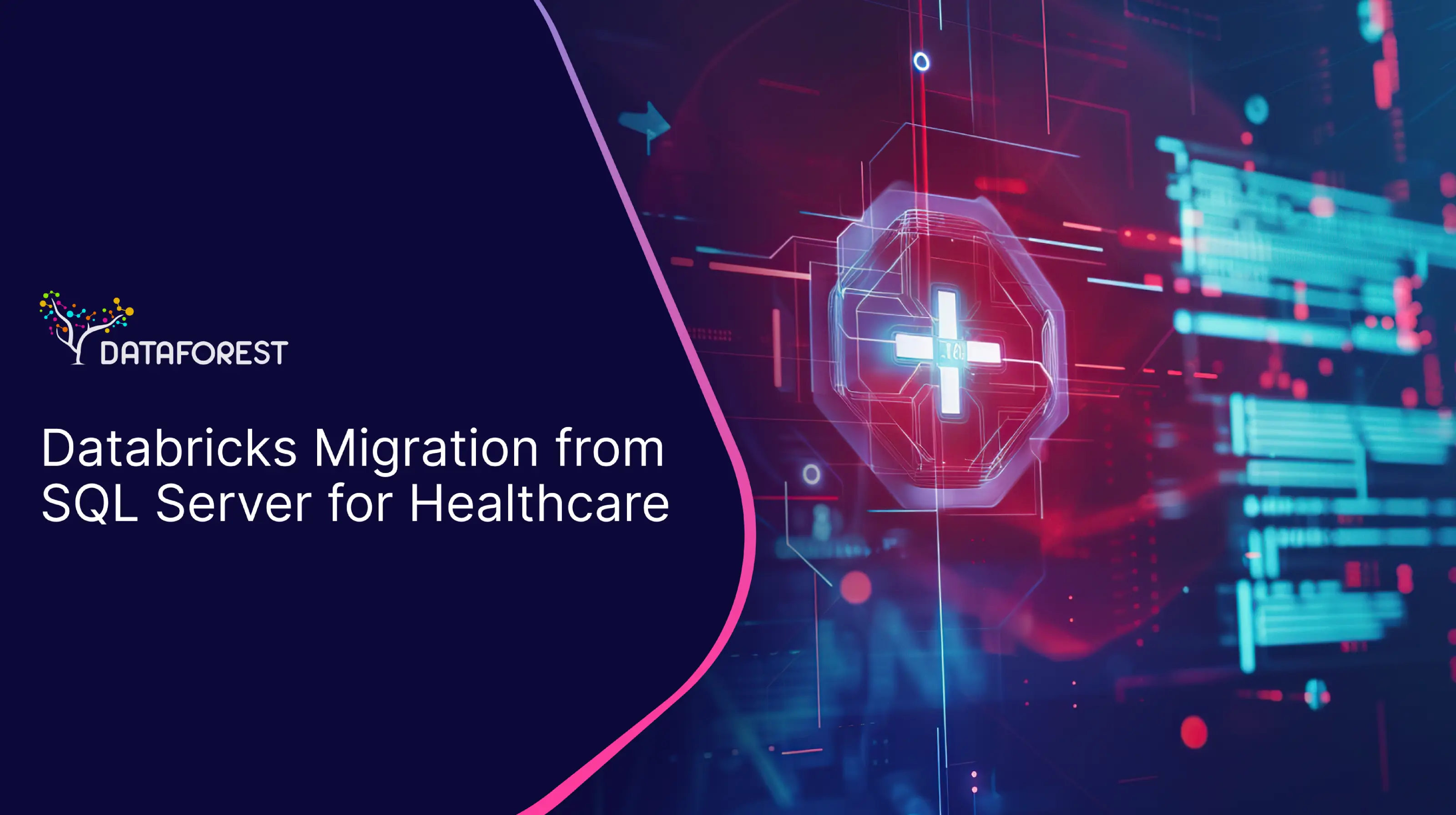Share
Table of contents:
DataOps (Data Operations) is an agile, process-oriented approach to designing, implementing, and managing data workflows and data architecture to improve the speed, quality, and reliability of data analytics. Combining principles from DevOps, Agile, and lean manufacturing, DataOps aims to streamline data pipeline creation, automate processes, and enhance collaboration between data engineers, data scientists, and business stakeholders. By aligning data practices with agile methodologies, DataOps enables rapid, iterative development of data products, enhancing data-driven decision-making across an organization.
DataOps emphasizes continuous integration and continuous deployment (CI/CD) within data systems, similar to software development practices in DevOps. This approach enables teams to make incremental updates to data pipelines, datasets, and analytical models, automating testing, deployment, and validation to ensure that data processes remain accurate and up-to-date. Through automated testing and monitoring, DataOps minimizes the risk of data errors, inconsistencies, and downtime, fostering high-quality data outputs and consistent analytics results.
Core characteristics of DataOps include
- Automation: DataOps incorporates automation at every stage of the data pipeline, from data ingestion and transformation to monitoring and deployment. This includes automated testing of data flows, error detection, and correction, ensuring that data pipelines are reliable, consistent, and easily scalable.
- Collaboration: DataOps bridges the gap between various data professionals, including data engineers, data scientists, and analysts, facilitating clear communication and alignment of goals. It promotes cross-functional collaboration, allowing stakeholders to work together effectively on data projects, minimize silos, and ensure that data meets the needs of the organization.
- Monitoring and Observability: In DataOps, real-time monitoring and observability are critical for tracking data quality, pipeline performance, and system health. Metrics are collected continuously, covering data latency, accuracy, throughput, and completeness. Monitoring tools ensure that issues are detected early, reducing time to resolution and maintaining reliable data services.
- Version Control: DataOps applies version control to data pipelines, configurations, and datasets, tracking changes over time. Version control enables rollback, reproducibility, and transparency, essential for managing complex data environments where multiple versions of data models or transformations might coexist.
- Orchestration and Workflow Management: DataOps frameworks use orchestration tools to manage dependencies, schedule tasks, and synchronize workflows across the data pipeline. Tools such as Apache Airflow, Prefect, and Kubernetes support the automation and scheduling of complex workflows, enabling seamless management of data processes.
- Data Quality Assurance: Continuous testing, validation, and quality assurance practices are embedded in DataOps to ensure data accuracy, consistency, and compliance. Automated tests verify the integrity of data at each stage of the pipeline, flagging issues like missing values, data drift, or schema inconsistencies.
DataOps frameworks often leverage specific tools and platforms to manage these components, including version control systems (like Git), CI/CD pipelines (like Jenkins), and monitoring systems (such as Datadog or Prometheus). Together, these tools create an integrated environment where data pipelines can be rapidly developed, deployed, and maintained, enhancing scalability and flexibility across data operations.
In modern data architectures, DataOps is crucial for organizations with high data volumes, complex workflows, and a need for real-time analytics. It supports data-driven agility by enabling rapid data iteration, reducing bottlenecks, and ensuring data integrity, allowing organizations to respond quickly to changing business needs. By integrating agile and DevOps principles, DataOps transforms traditional data management into an adaptable, scalable, and efficient operation, supporting robust data ecosystems that align with business objectives and foster continuous innovation.












